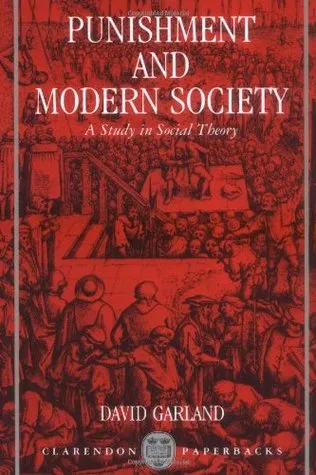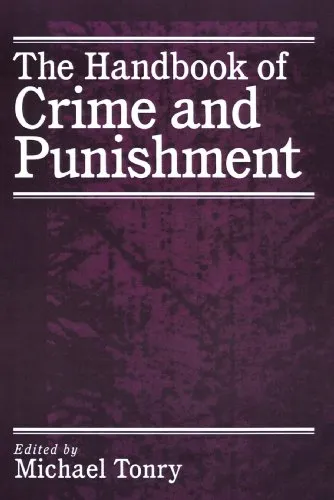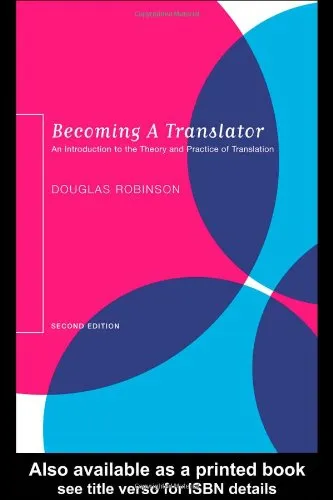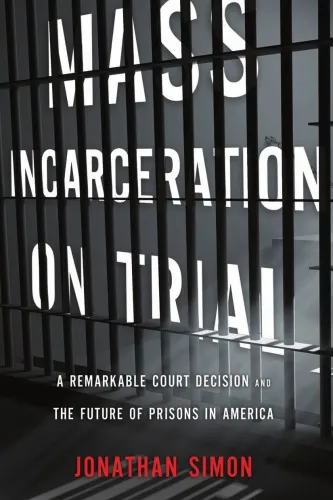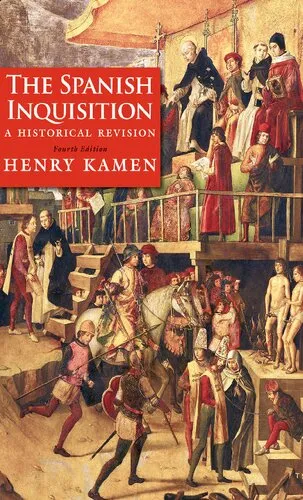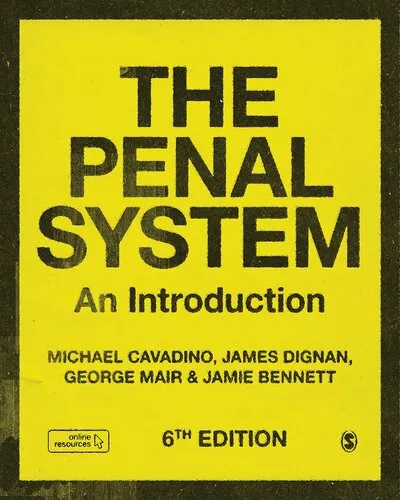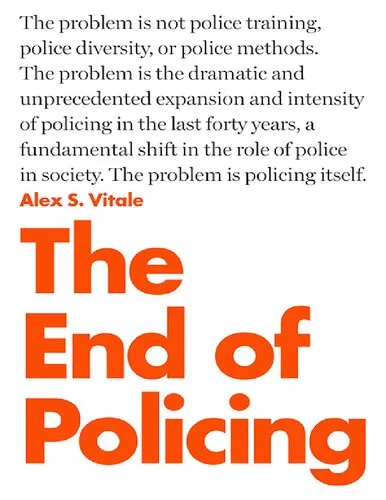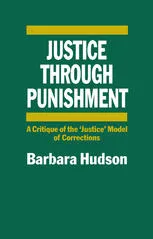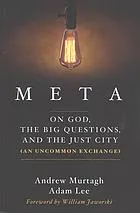Punishment and Modern Society: A Study in Social Theory
4.6
Reviews from our users

You Can Ask your questions from this book's AI after Login
Each download or ask from book AI costs 2 points. To earn more free points, please visit the Points Guide Page and complete some valuable actions.Related Refrences:
Introduction
Welcome to an in-depth exploration of "Punishment and Modern Society: A Study in Social Theory" by David Garland. This book delves into the intricate dynamics of punishment within the context of modern social theory, offering a scholarly examination of how punishment has transformed and continues to operate within our societies. This introduction provides a comprehensive overview, enlightening key takeaways, poignant quotes, and an explanation of the book's significance in the realm of social theory.
Detailed Summary of the Book
"Punishment and Modern Society: A Study in Social Theory" is a seminal work that intricately dissects the function and rationale of punishment within contemporary societies. David Garland presents a meticulous analysis linking sociological theory with the practices and policies of punishment. The book is structured around several key themes, including the historical evolution of punitive practices, the influence of sociopolitical factors on the enforcement of penal codes, and the theoretical frameworks that enable a deeper understanding of the role punishment plays in modern contexts.
Garland brings to light the complexities of penal institutions and their operations, arguing for an understanding of punishment that transcends mere retribution. Through a critical examination of theorists like Durkheim and Foucault, the book highlights the shifting paradigms and the reciprocal relationship between society and its punitive measures. It thoroughly investigates how legal systems, political ideologies, and cultural attitudes have sculpted the current landscape of punishment.
Key Takeaways
- Punishment is not merely a response to crime, but a multifaceted social institution that reflects cultural norms and power structures.
- Understanding punishment requires an interdisciplinary approach, blending insights from sociology, criminology, and political science.
- Historical transformations in punishment reveal much about the changing nature of power, control, and governance within society.
- The book challenges conventional views of justice and retribution, fostering a broader discussion about human rights and ethical governance.
Famous Quotes from the Book
"Punishment is at once an institutional technique, a set of symbols, and a set of cultural ideas."
"To understand the nature of punishment in any society, we must understand it both as policy and as cultural expression."
These quotes underscore the dual nature of punishment as both a social instrument and a reflection of deeper cultural narratives, prompting readers to reflect on its implications in contemporary society.
Why This Book Matters
"Punishment and Modern Society: A Study in Social Theory" stands out as a pivotal resource for students, scholars, and practitioners in the fields of sociology, law, and criminology. Its rigorous analysis and critical perspective provide valuable insights into how societies wield punishment as a tool for social regulation and control. The book matters because it prompts a reevaluation of traditional understandings and encourages discourse on more humane and effective approaches to justice. Garland's work remains essential for those seeking to understand the broader implications of penal practices within modern societies, challenging us to consider the ethical dimensions of punishment and its role in the pursuit of a just society.
Free Direct Download
You Can Download this book after Login
Accessing books through legal platforms and public libraries not only supports the rights of authors and publishers but also contributes to the sustainability of reading culture. Before downloading, please take a moment to consider these options.
Find this book on other platforms:
WorldCat helps you find books in libraries worldwide.
See ratings, reviews, and discussions on Goodreads.
Find and buy rare or used books on AbeBooks.
1643
بازدید4.6
امتیاز0
نظر98%
رضایتReviews:
4.6
Based on 0 users review
Questions & Answers
Ask questions about this book or help others by answering
No questions yet. Be the first to ask!
